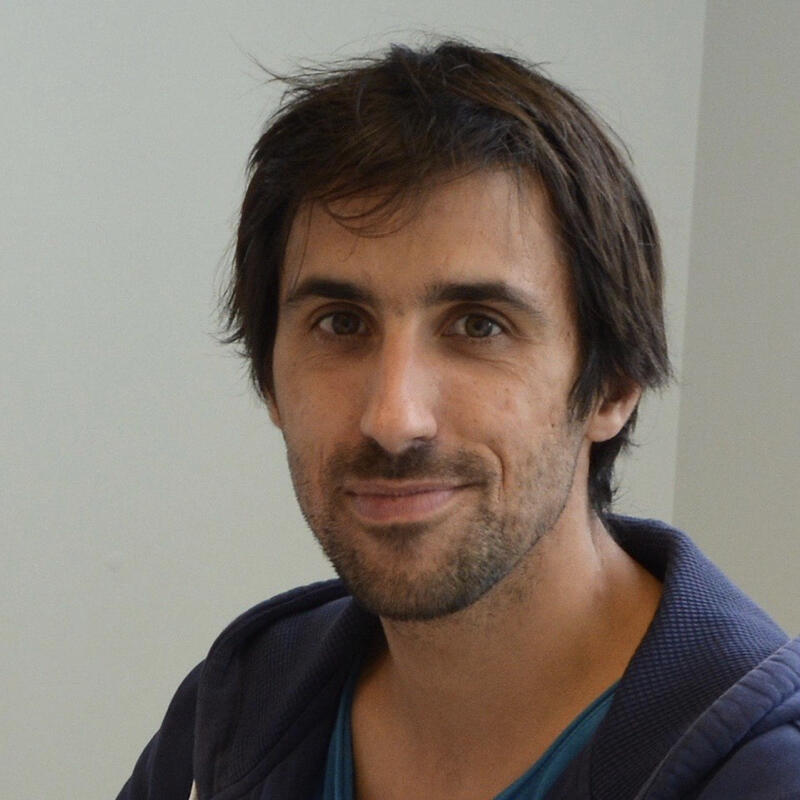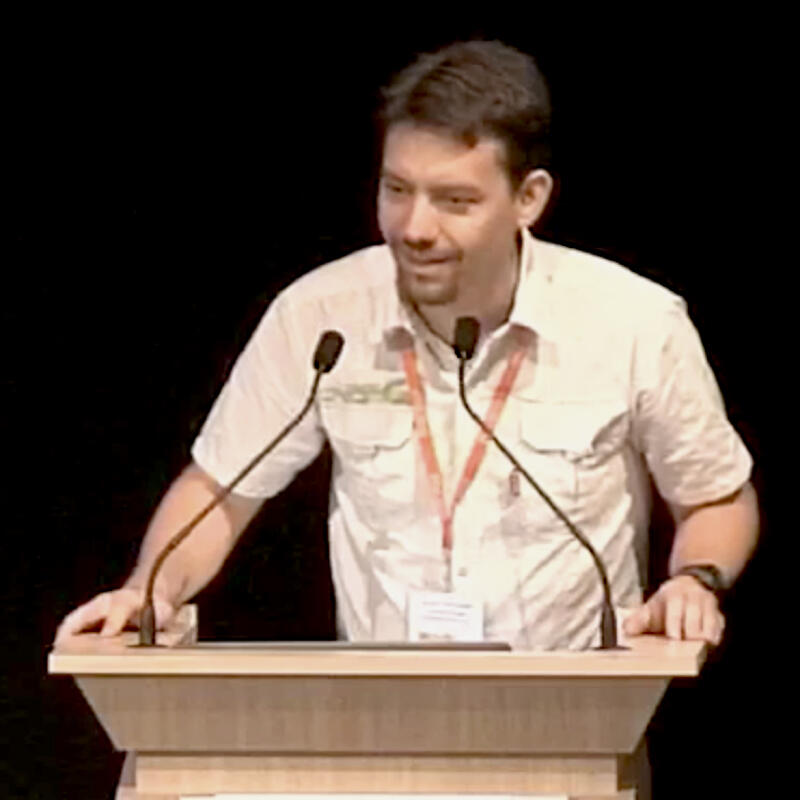Summer school
INFORMATION ON AI SUMMER SCHOOL 2025 now available
16th June – 27th June 2025 - INSA Rouen Normandy School of Engineering
A 2-week summer school focusing on a major challenge of today’s society : artificial intelligence and a discovery of Normandy, a breath-taking and historical French region.
Credits
4 ECTS
- Artificial Intelligence – 39h (contact hours including visits of labs) / 3.5 credits
- French Culture and Language – 15H (contact hours including courses and cultural visits) / 0.5 credit
Program transcripts
Artificial Intelligence
Targeted Students: Science, Computer and Engineering Undergraduate students from 2nd-3rd Year
Learning objectives:
Contents:
- Introduction to AI
- Resolution through exploratory approach
- Symbolic Approach
- Logic Programming
- Introduction to Machine Learning
- Ethics and Fairness in AI
- Machine Learning on tabular data
- Machine Learning on natural text
- Machine Learning on images
- Introduction to Reinforcement Learning
- Introduction to Generative Models
Pre-requisites:
- a good level of English (European CECRL: B2) and a strong motivation
- cf. course description
French Culture and Language
Targeted Students: All university students
Learning objectives:
Getting an insight into the French culture and traditions, and getting some notions of French
Contents:
- French History and Culture + Survival French (A1-A2 levels)
Pre-requisites:
none
Applying is Easy
| 2025 Fees | Early Registration (1st December - 16th February) | Late Registration** (1st April- 18th May) |
|---|---|---|
| 1000 € | 1 150 € |
| Alumni from INSA group | 1 100 € | 1250 € |
| All other standard applicants | 1 200 € | 1 350 € |
Limited places
* Students from partner universities have to contact summerschool@insa-rouen.fr prior to registration
** Only if places left, contact summerschool@insa-rouen.fr to know whether it is still possible to apply before registration
The Summer School tuition fees are competitively priced and include:
- a set of goodies from INSA Rouen Normandy
- a participation to the Opening Evening Cocktail
- a participation to the Formal Farewell Dinner
- a 2-week access to courses
- academic materials from our providers
- access to wifi in the school
- a field-trip excursion to a popular French tourist destination
- a visit of the historical city of Rouen
- a 10-ride metro ticket
- free access to the school facilities (gym, library etc.)
- your breakfast and lunch from Mondays to Fridays
Optional:
- Shuttle from Paris CDG airport to INSA Rouen Normandy
Arrivals on Monday 16th June morning only (departure of shuttle at 1pm)- 45 eur
Please let us know at summerschool@insa-rouen.fr your arrival time and flight number before May 19th June - Shuttle from INSA Rouen Normandy to Paris CDG airport
Departures on Friday 27th at 2pm (arrival at the airport around 5-6pm) – 45 eur - Accommodation in residences
Rooms on campus can be proposed on demand if available when you register.
The Summer School tuition fees do not include:
- Travel to and from INSA Rouen Normandy, personal insurance, food (except lunch), personal expenses and anything not listed as included.
To Bring
- Your laptop or tablet
Application Procedure
How to apply
- REGISTRATION PERIOD - December - 31st March
- ACCEPTANCE BY INSA ROUEN NORMANDY - once application received and validated by teachers.
- PAYMENT DUE - after acceptance by INSA (if the paiement is not received, it will be considered as a cancellation)
- CLASSES - 16th June - 27th June
To book your place, you will need to:
- Fill out our online application form https://insarouen.moveonfr.com/locallogin/65d5d5630027af0108019e7a/eng
- You'll receive an email to confirm your application is being processed.
- You will receive an email to confirm your acceptance at INSA with instructions on how to process payment (tuition fees + options).
Final registration will close on 18th May 2025.
Terms and Conditions
We recommend not to book your flight and accommodation before we have officially confirmed the opening of the summer school, which depends on reaching the minimum number of participants. If we do not reach the minimum number of students, 100% of the registration fees will be refunded.
Cancellation from you part possible 30 days prior to the beginning of courses (refund of 90 % of the tuition fees).
Academic staff

Samia AINOUZ

Mathieu BOURGAIS

Benoit GAUZERE

Alexandre PAUCHET

Laurent VERCOUTER

Cecilia ZANNI-MERK
All the Summer School contributors are involved in different AI projects on an international scale, AI being today at the center of research at INSA Rouen Normandie.
Program schedule
| June | Day | Morning | Afternoon |
|---|---|---|---|
| 16 | Monday | Arrival at the airport | Arrival in Rouen – Set up in accomodation Opening Evening Cocktail at INSA |
| 17 | Tuesday | Introduction to AI | French Culture and Language Initiation |
| 18 | Wednesday | Resolution through exploratory approach | Symbolic Approach |
| 19 | Thursday | Logic Programming | Visit of the city of Rouen |
| 20 | Friday | Visit of lab (LITIS/ Robotics platform)
| French Culture and Language Initiation |
| 21 | Saturday | Visit of Mont Saint-Michel | |
| 22 | Sunday | Free day | |
| 23 | Monday | Introduction to Machine learning | Machine Learning and Ethics and Fairness in AI |
| 24 | Tuesday | Machine Learning on tabular data | Machine Learning on natural text |
| 25 | Wednesday | Machine Learning on images | Free afternoon |
| 26 | Thursday | Introduction to Reinforcement Learning | Introduction to Generative Models Formal Farewell Diner |
| 27 | Friday | Explainable AI | Departure at 2pm |


